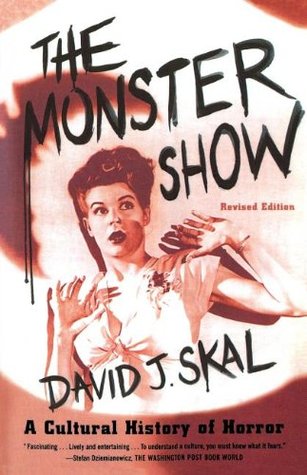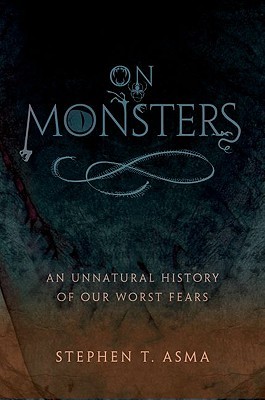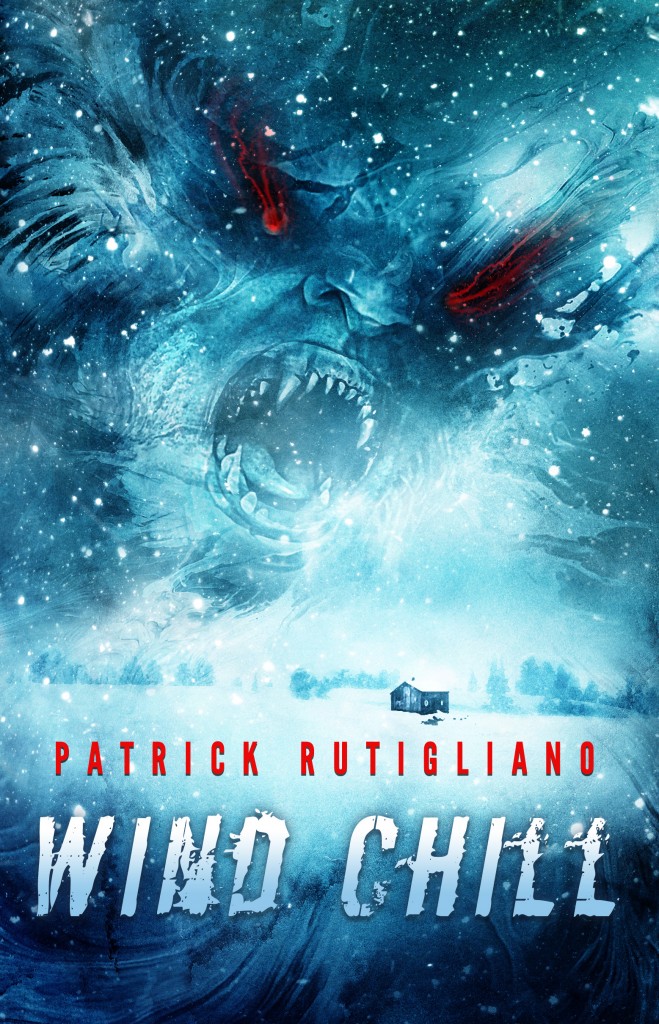 Night Film by Marisha Pessl
Night Film by Marisha Pessl
My rating: 4 of 5 stars
I loved this novel, but with a few hefty caveats. An intoxicating mix of detective fiction, borderline supernatural horror, and cinephilia, with homages to directors from Hitchcock to Kubrick to Argento (who, like the enigmatic filmmaker of the novel, Cordova, once utilized a closeup of his own eye in one of his earlier films), Pessl’s NIGHT FILM lies just on the outskirts of brilliant. The plot held me tight as it peeled back its onion-like layers to reveal more and more of the mysterious Ashley Cordova and her filmmaker father, despite a handful of dry spots in the lengthy narrative. I found most of the characters fascinating, and the use of multimedia aspects, such as reprinted pages from fictional websites and magazines, added an enjoyable illusion of verisimilitude.
Unfortunately, one of the big drawbacks of the novel is that our point-of-view narrator, investigative journalist Scott McGrath, is not especially colorful or even all that bright (twenty-something drug dealer Hopper, who assists in his investigation, turns out to be a far better detective than McGrath). He’s driven by an obsession with Cordova that is simultaneously not explained well enough to the reader and not big enough to be such a driving factor in his life’s work. Worse, he’s a deadbeat divorced dad right out of central casting who constantly puts his work before his obligation as a father to an adorable moppet, alternately abandoning her or putting her in danger, which is something we’ve seen so many times it’s already a painful cliche. The novel is told in first person, which leaves us stuck for 600 pages in the mind of the least interesting character.
Although Pessl knows how to turn a phrase on occasion and can sometimes conjure exactly the right word to transform a good description into a perfect one, I found myself mostly unimpressed with her prose. She has what I found to be an unfortunate and annoying habit of forcing italicized words into almost every sentence, as if she doesn’t trust to reader to understand by context which word should be emphasized. It makes for bumpy reading.
Luckily, I found the novel strong enough to overcome both those caveats, and I do recommend it for fans of smart, brainy thrillers. There’s an ambiguity to the tale that might turn off some readers, but I found it pleasing. After all, as Cordova himself says, it’s not the truth that matters, it’s the stories we tell each other, and the stories we tell ourselves.





